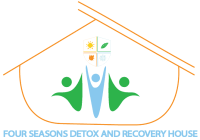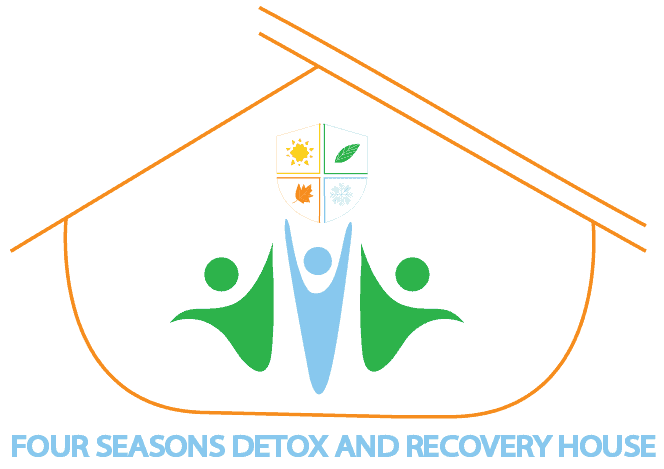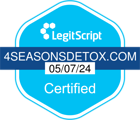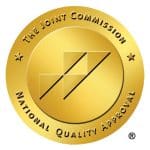
Learn More About Addiction Treatment in Simi Valley
If you prefer not to call us directly, we invite you to fill out the confidential form provided below. By sharing your concerns and needs, you can help us understand how we can assist you or your loved one. Once you submit the form, a knowledgeable treatment specialist will contact you promptly to discuss your situation and outline the support and recovery options available. Your privacy and well-being are our top priorities, and we are here to guide you on the path to healing.
"*" indicates required fields








